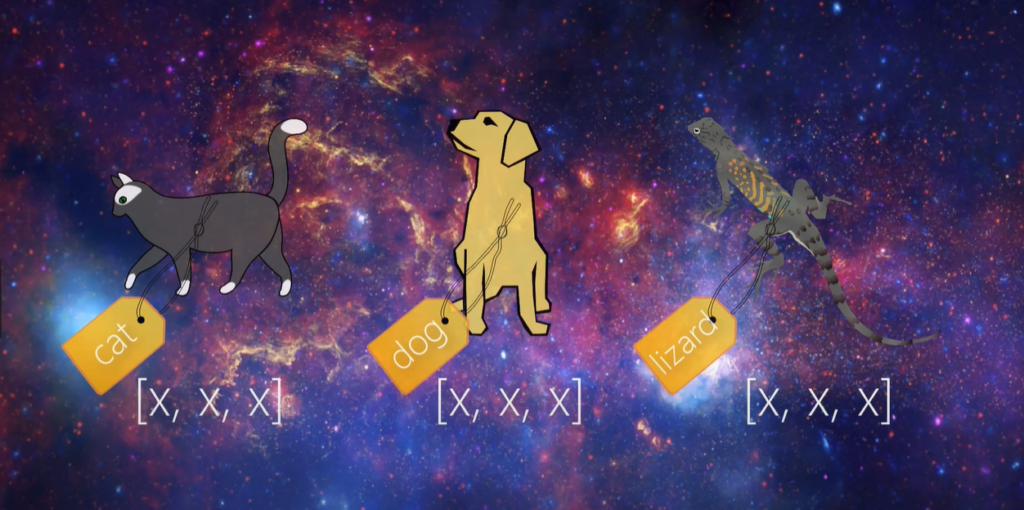Author Archives: Victor Dey - Page 28


In Federated Learning, a model is trained from user interaction with mobile devices. Federated Learning enables mobile phones to collaboratively learn over a shared prediction model while keeping all the training data on the device, changing the ability to perform machine learning techniques by the need to store the data on the cloud.
The post A Beginners Guide to Federated Learning appeared first on Analytics India Magazine.
The T-test is a hypothesis testing method that helps in testing the significance of two or more groups and determining the important differences between the groups being compared. It is a variation of inferential statistics and is mostly used with datasets that possess a normal distribution but with unidentified variances.
The post Understand the Significance of T-Test and P-Value Using Python appeared first on Analytics India Magazine.


Transfer learning is a technique for predictive modelling on a different yet similar problem that can then be reused partly or wholly to accelerate its training and eventually improve the performance of the model for the problem. It is the reuse of a pre-trained model on a new problem. This technique is currently becoming very popular in deep learning because it can train deep neural networks with comparatively little data and in less time. Finding its use in the data science field as most real-world problems typically do not have millions of labelled data points to train such complex models. Features from a model that has learned to identify something can become useful to kick-start a model meant to identify another thing.
The post Beginner’s Guide To Transfer Learning – How and When to Use? appeared first on Analytics India Magazine.


Transfer learning is a technique for predictive modelling on a different yet similar problem that can then be reused partly or wholly to accelerate its training and eventually improve the performance of the model for the problem. It is the reuse of a pre-trained model on a new problem. This technique is currently becoming very popular in deep learning because it can train deep neural networks with comparatively little data and in less time. Finding its use in the data science field as most real-world problems typically do not have millions of labelled data points to train such complex models. Features from a model that has learned to identify something can become useful to kick-start a model meant to identify another thing.
The post Beginner’s Guide To Transfer Learning – How and When to Use? appeared first on Analytics India Magazine.


One hot encoding can be defined as the essential process of converting the categorical data variables to be provided to machine and deep learning algorithms which in turn improve predictions as well as classification accuracy of a model. One Hot Encoding is a common way of preprocessing categorical features for machine learning models.
The post When to Use One-Hot Encoding in Deep Learning? appeared first on Analytics India Magazine.


Recommender systems are information filtering systems that help deal with the problem of information overload by filtering and segregating information and creating fragments out of large amounts of dynamically generated information according to user’s preferences, interests, or observed behavior about a particular item or items. A Recommender system has the ability to predict whether a particular user would prefer an item or not based on the user’s profile and its historical information.
The post Collaborative Filtering Vs Content-Based Filtering for Recommender Systems appeared first on Analytics India Magazine.


First Order Motion Model is an Open source library that allows you to create 3D animated videos using facial capture videos and still images. The image animation consists of generating a video sequence so that an object in a source image is animated according to the motion of the driving video.
The post Facial Motion Capture for Animation Using First Order Motion Model appeared first on Analytics India Magazine.


Images consist of a lot of pixels that help retain their clarity. Still, as the number of images to process increases its size, it can significantly slow down the system’s performance. We can use the Image Reconstruction technique to overcome this situation, which comes under Unsupervised Machine Learning.
The post Guide To Image Reconstruction Using Principal Component Analysis appeared first on Analytics India Magazine.


Images consist of a lot of pixels that help retain their clarity. Still, as the number of images to process increases its size, it can significantly slow down the system’s performance. We can use the Image Reconstruction technique to overcome this situation, which comes under Unsupervised Machine Learning.
The post Guide To Image Reconstruction Using Principal Component Analysis appeared first on Analytics India Magazine.


GANsNRoses is an open-source library that creates new Images by building a mapping that takes face images and produces them to anime drawings of faces. With the contents of the image being preserved, the same face could be represented in many different ways in the anime. GANsNRoses consists of a function that takes a content code recovered from the face image and a style code, a latent variable that produces an anime face. GNR uses the same image with different augmentations to form a batch, constraining the spatial invariance in style codes, all style codes being the same across the batch. The Diversity Discriminator present looks at batch-wise statistics by explicitly computing the minibatch standard deviation across the batch. This ensures diversity within each batch of images, in turn producing unique animated images.
The post My Small Project on Animating Images & Videos Using GANsNRoses appeared first on Analytics India Magazine.

